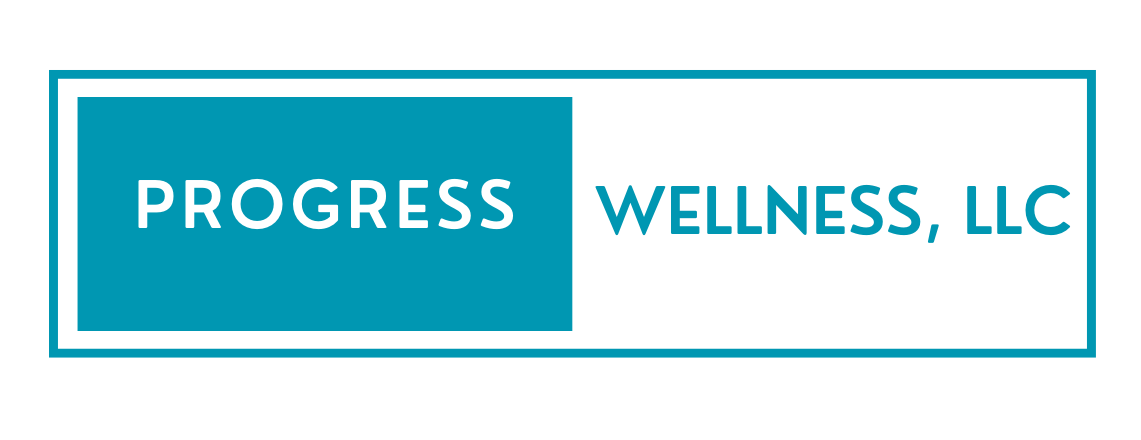There will be plenty of times when you genuinely want to attend an event, but anxiety makes you hesitate or pulls you back at the last minute. For many people, this shows up most strongly in crowded or overstimulating environments. If that sounds familiar, it doesn’t mean you have to choose between skipping the event entirely or forcing yourself to suffer through it.
When Stress and Anxiety Morph into Depression
Recently, several people have shared with me that they feel they aren’t getting the same enjoyment out of things as they used to. Every day feels the same; even talking to friends has felt boring because nothing new is happening.
The pandemic-fueled isolation that once felt like strong anxiety and stress is now growing into a sense of sadness and depression.
Sadness and depression can make us feel weighed down (emotionally and physically).
We might feel like we have to move mountains to do basic chores, doing things we typically enjoyed may no longer give us the same satisfaction, and sleep and appetite can suffer too.
I wanted to share one skill I often recommend to those feeling stuck in challenging emotions. It’s a method that can be done in small steps with the goal of getting you to a better-feeling place.
It’s called Opposite Action.
Opposite action means that you engage in doing the exact opposite of what your mood is telling you to do.
If depression is telling you: “Stay inside! It’s too much effort to go out for a walk or see anyone safely” or sadness is telling you: “Why shower? You aren’t going out anyway, so who cares?” and you listen to them, the more sad and depressed you will feel overall.
It often feels easiest to listen to these thoughts, and we convince ourselves that we’re just avoiding stress and anxiety. But the more you listen to that sad and depressed voice, the more that negative mood grows.
So how do you begin practicing the opposite action skill?
Opposite action is about doing small things that help move you in the opposite direction from your negative mood. So first, you can make a list of all the things you could do instead of taking the action (or inaction) that voice is suggesting. And then try to do at least one of those things on the list.
For example, if you know getting outside might help your mood, think about each step you need to take to get out the door. Your list might include: Get up. Put on socks, shoes, and a jacket. Get a mask, keys, and wallet. And finally: Open the door and step outside. When you see this action in steps, it can become less overwhelming. One small (and very conquerable) step leads to another.
The overwhelming feelings of stress, depression, anxiety can lead to bigger problems. For instance, some people may turn to substance misuse to experience temporary highs that relieve mental health issues. If you’re experiencing anything like this, Forrest Behavioral Health could be able to help. Taking these small actions like going outside for a short walk can help.
Instead of feeling depressed and isolated, you can feel a little less depressed and be outside around others. Though it may not change your mood immediately, continually taking these opposite actions will help you feel less depressed over time.
Opposite action allows you to take care of what you really need instead of listening to that negative mood. When you tend to yourself while still feeling sad, you start gaining control over how you feel. And, ultimately, you will start to feel better. One step at a time.
I hope you find this helpful!
As always, I am sending good energy your way.
Coping by Contributing
I know many of you may feel overwhelmed right now, and that’s understandable. There is a lot happening in our country and our world, and 2020 continues to challenge us. But with every challenge, there is an opportunity for growth.
As we all continue to grapple with managing a pandemic, many are also opening their eyes to racial disparities in our society, moving to a new understanding of others’ lived experiences and hoping for the changes championed by the Black Lives Matter movement.
I have been hearing from a lot from people who say they want to be an active participant in changing our world but feel overwhelmed by feelings of anger, sadness, anxiety, and stress. While some people have jumped into fighting for causes actively by protesting or have started reading, listening, or finding other ways to move forward, it is also natural to not know what to do—especially when it feels like there is so much to do.
So if you’re feeling stuck, here is one skill I often recommend that can help decrease feelings of stress and funnel your sadness, anger, and anxiety into a positive outcome.
Contributing is the art of giving to others in the form of time, talent, or treasure. When we give, it awakens a sense of meaning and purpose in our lives.
Contributing does not have to be a grand gesture. Of course, you can donate your time or money to a cause or charity you believe in. But contributing is also about making personal connections with others. When we do that, not only do we positively affect someone else, our own mood improves as well.
Giving to others can also create a sense of hopefulness and belonging within ourselves. These are all good things!
If you’re looking for ideas of how you can contribute in ways big or small, here are some examples:
Call or FaceTime someone just to say hello. Hearing a friendly voice can go a long way for someone (and for you)!
Check on a friend or neighbor.
Help someone with a grocery run or other chore (mow their lawn, water their plants, etc.).
Buy items from local businesses that need support.
Say hello to others who walk past you on the street to show solidarity.
Read articles and books on topics that are important to you to help you become a better ally.
Sign a petition to make your voice heard.
Donate time to a charity or cause you believe in.
Donate money to a charity or cause you believe in.
Go to a protest if you feel comfortable doing so.
This list showcases a wide range of options for contributing—and of course, there are many I am leaving out. But if you are feeling at a loss for what to do or where to start, making contributions is a great skill that can help shift your mindset and find your way forward. It may seem simple, but it goes a long way—both for you and for others.



